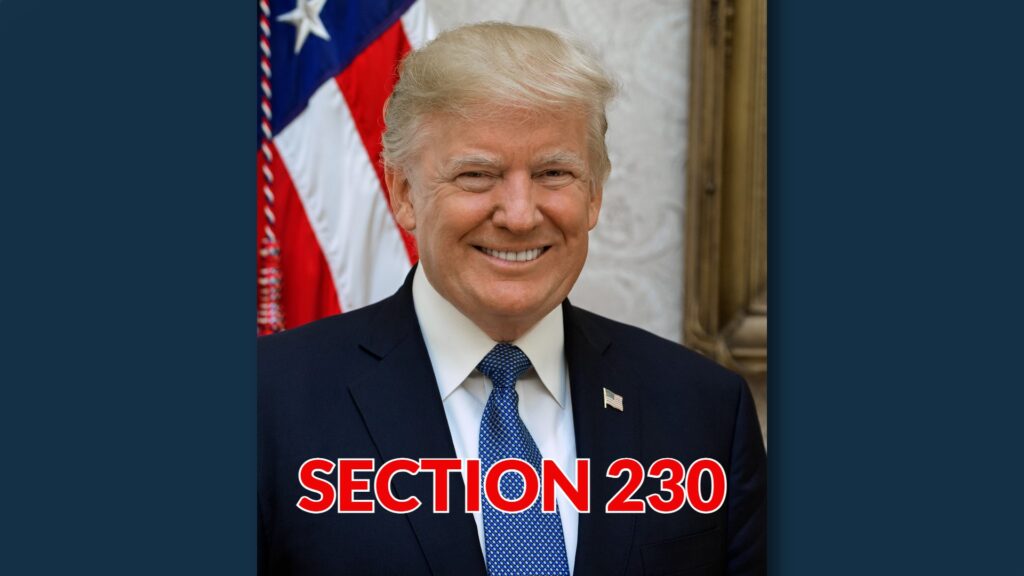
Plaintiff sued the Trump campaign, some of the President’s advisors and several conservative media outlets asserting claims for defamation. Plaintiff – an employee of voting systems maker Dominion – claimed defendants slandered him by saying plaintiff had said he was going to make sure Trump would not win the 2020 election.
The Trump campaign had argued that two retweets – one by Donald Trump and another by his son Eric – could not form the basis for liability because Section 230 shielded the two from liability. The lower court rejected the Section 230 argument. But on review, the Colorado Court of Appeals held that Section 230 immunity should apply to these retweets.
Section 230 shields users of interactive computer services from liability arising from information provided by third parties. The facts of the case showed that both President Trump and Eric Trump simply retweeted a Gateway Pundit article and an One America Network article without adding any new defamatory content.
The court specifically rejected plaintiff’s argument that Section 230 immunity should not apply because of the Trump defendants’ knowledge that the retweeted information was defamatory. The court looked to a broader consensus of courts that hold such an idea is not woven into Section 230 imm.
The case supports the proposition that defendants could repost verbatim content that someone else generated – even with knowledge that the content is defamatory – and not face liability.
Coomer v. Donald J. Trump for President, Inc., — P.3d —, 2024 WL 1560462 (Colo. Ct. App. April 11, 2024)
